The wages of austerity
An Athens-based photographer documents Greece's turmoil

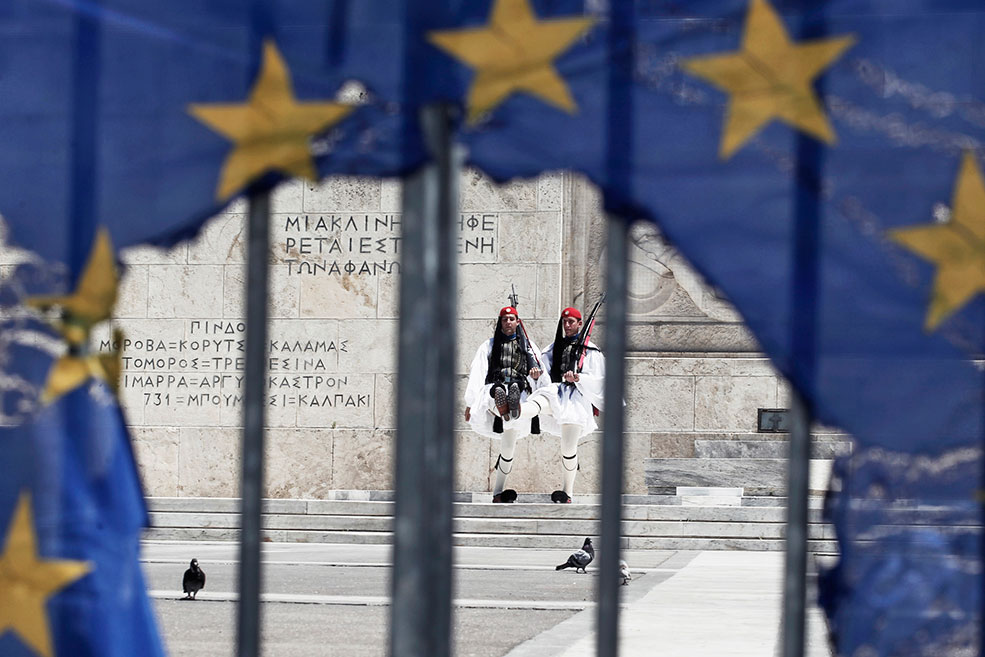
A free daily email with the biggest news stories of the day – and the best features from TheWeek.com
You are now subscribed
Your newsletter sign-up was successful
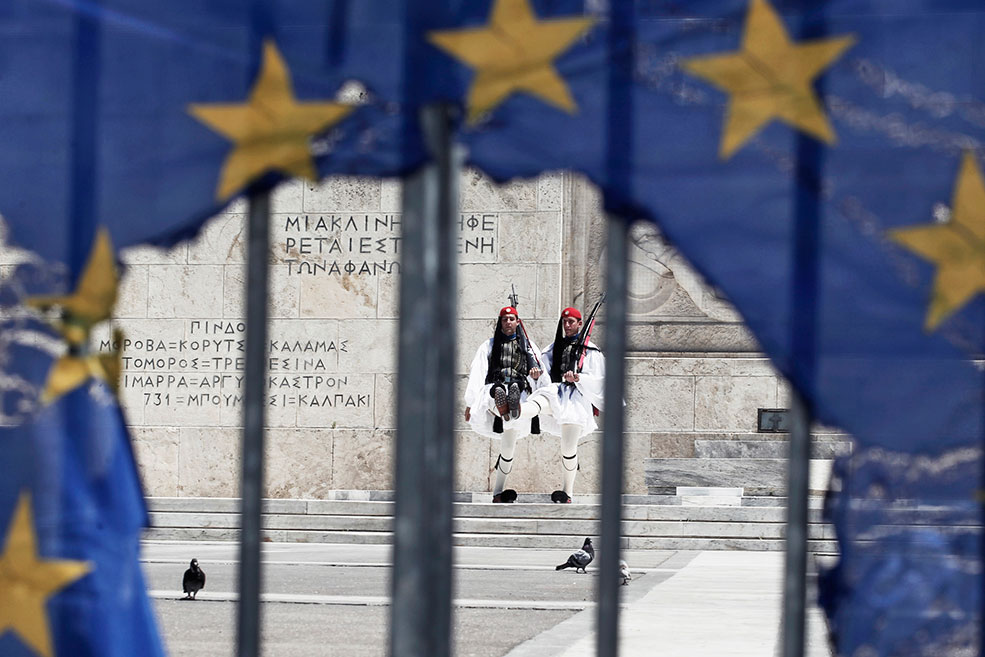
(Milos Bicanski) Bicanski began documenting Greece's ups and downs the only way he knew how: by making images. The difference, he says, is that this is not a photo assignment in some far-flung locale, where he could find the story, capture it, then leave it behind."My family and I are a part of this crisis," Bicanski says. "With every cut in the health care budgets, or the school budgets, we feel it. We are involved in this story."
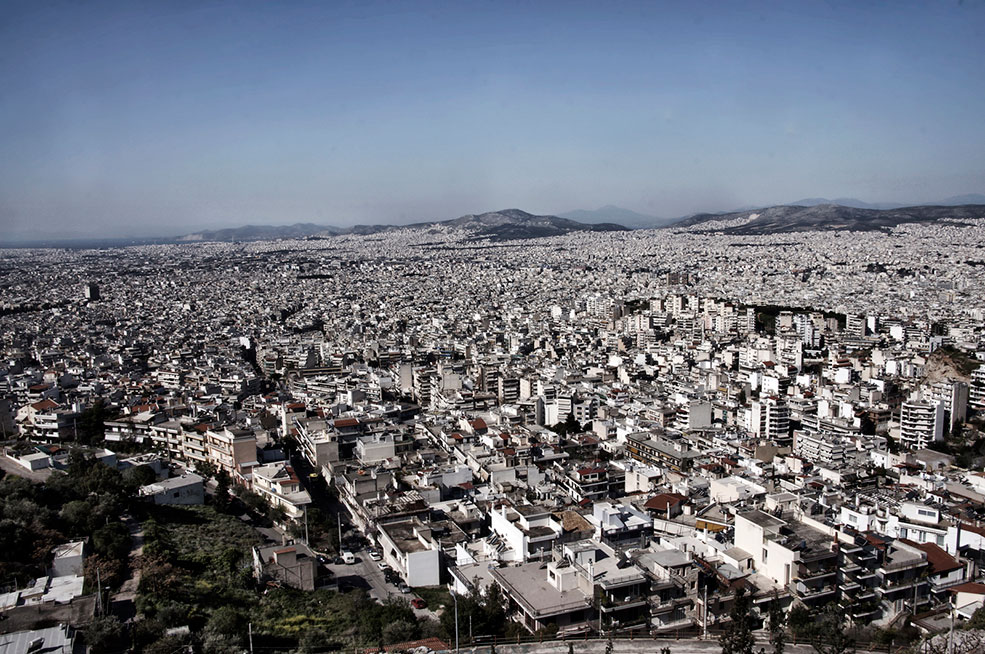
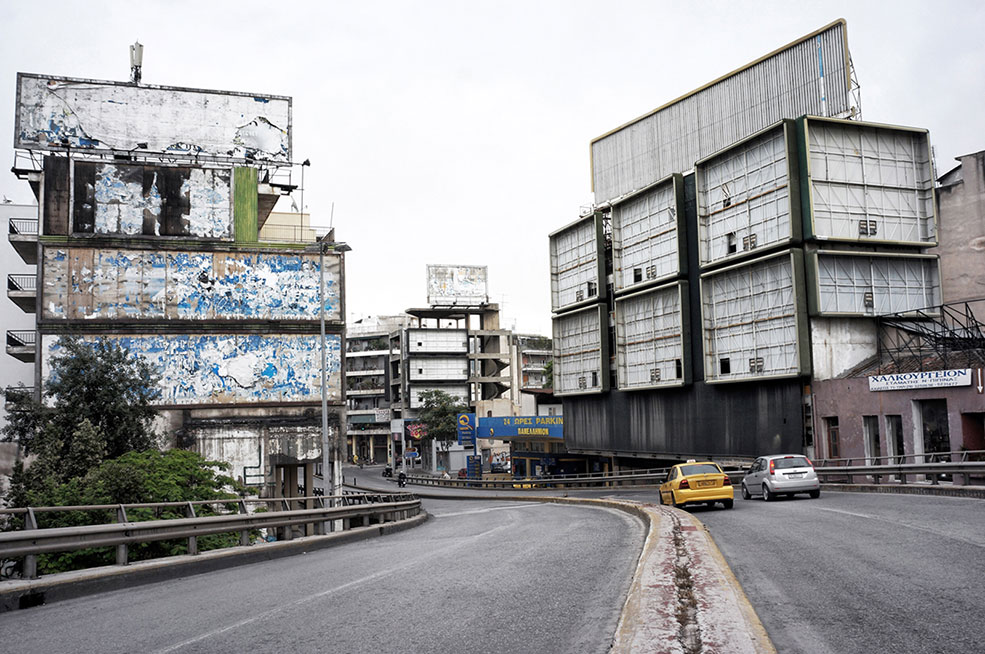
(Milos Bicanski) As Greece's economic situation has become more tenuous, Bicanski says he's witnessed a shift in his fellow countrymen. While Greeks once protested — sometimes violently — against their government's handling of the crisis, now they seem resigned to eking out an existence."In the beginning, people still had some money left, still had jobs — unemployment was rising, but there was hope that the situation could be turned around," Bicanski says. "But the gap between the rich and poor has only grown, with the number of people living under the poverty line increasing drastically. There's no middle class anymore."
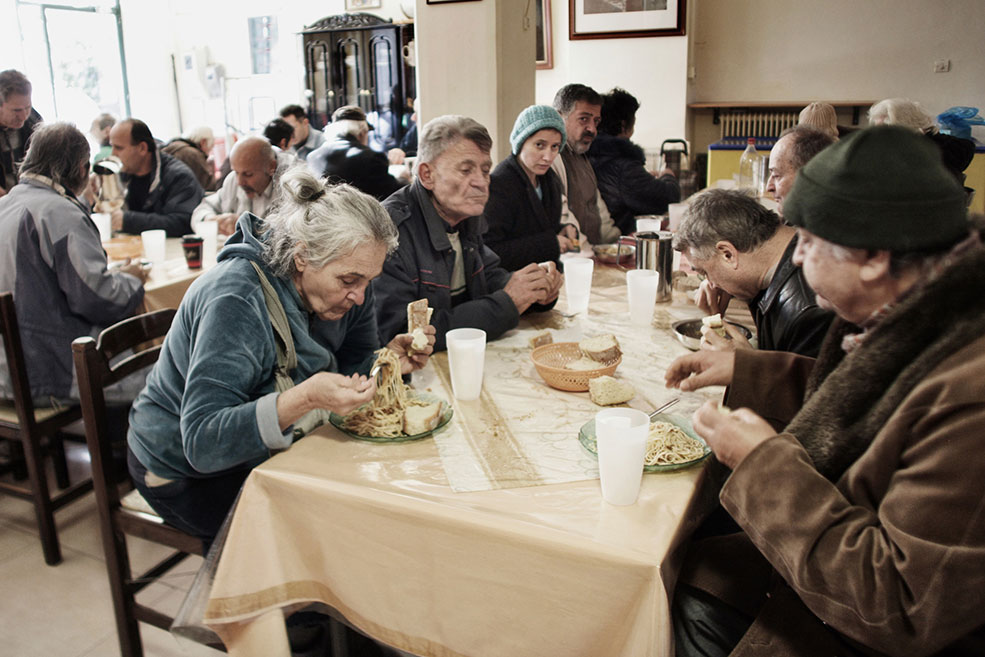
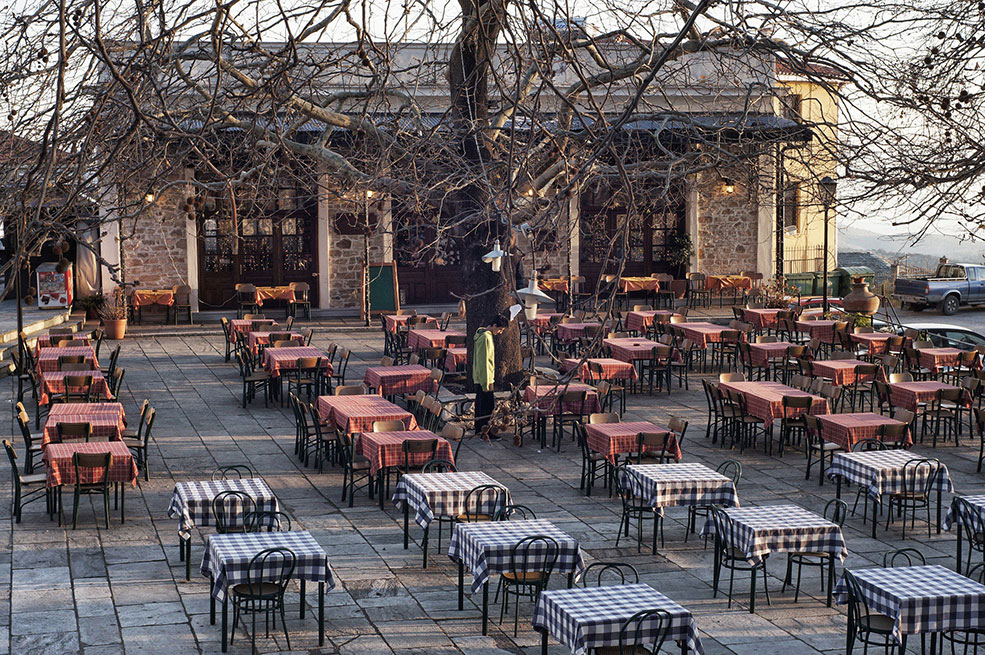
(Milos Bicanski) This may not be what most people would think of as a "crisis zone," Bicanski notes. There are no tanks, no explosions, no coups.But what is happening in his country, the photographer says, feels as palpably dangerous to him as when he covered the breakup of Yugoslavia."Actually living here and photographing the crisis, it makes you more involved," Bicanski says. "You continually meet the people you've photographed, and for the majority of them, their situations are only getting worse."
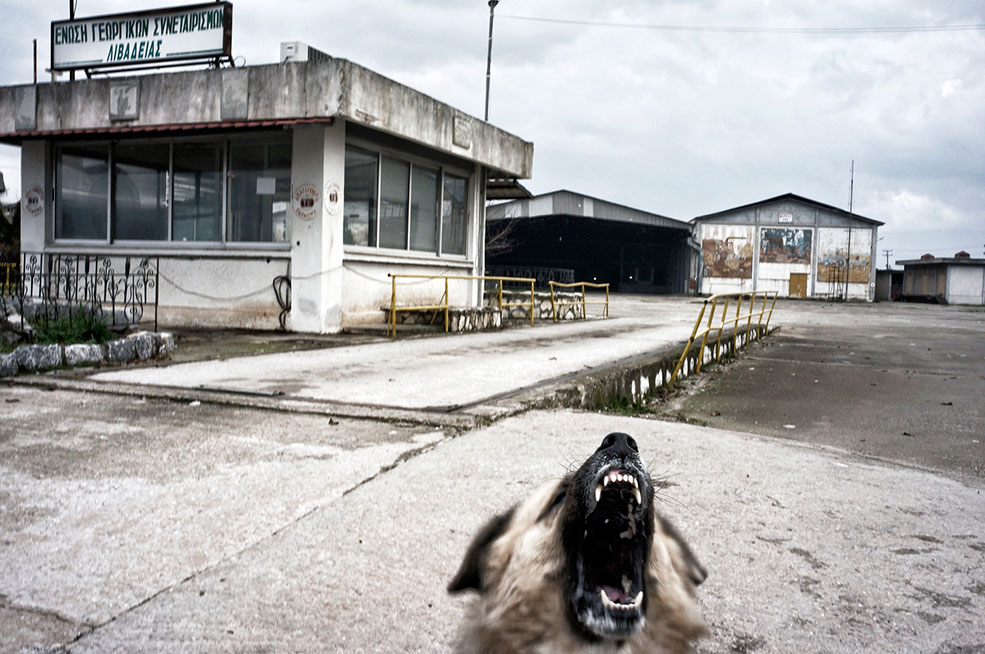
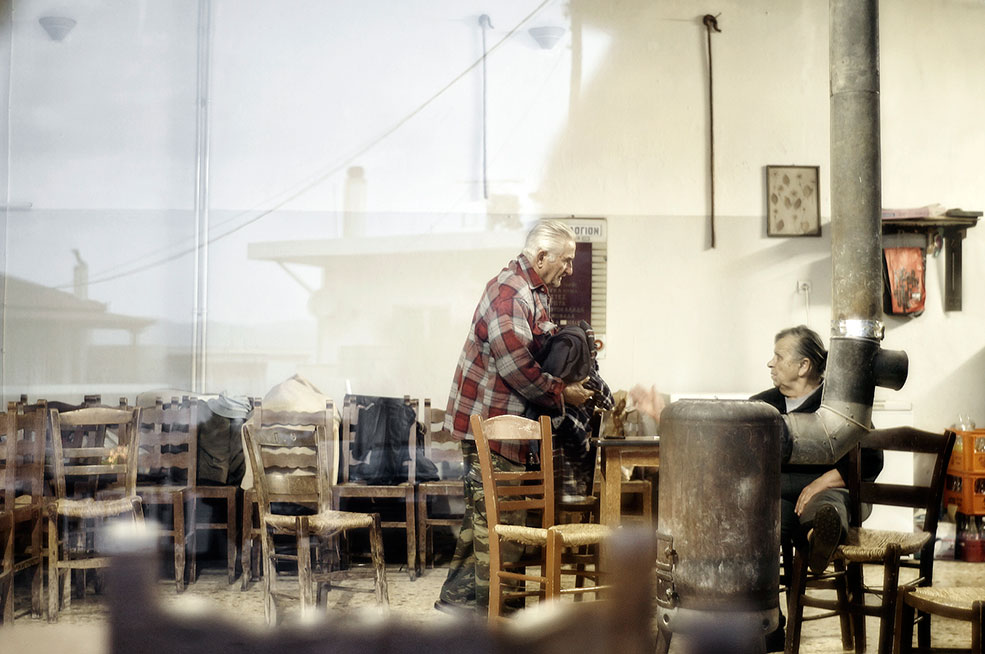
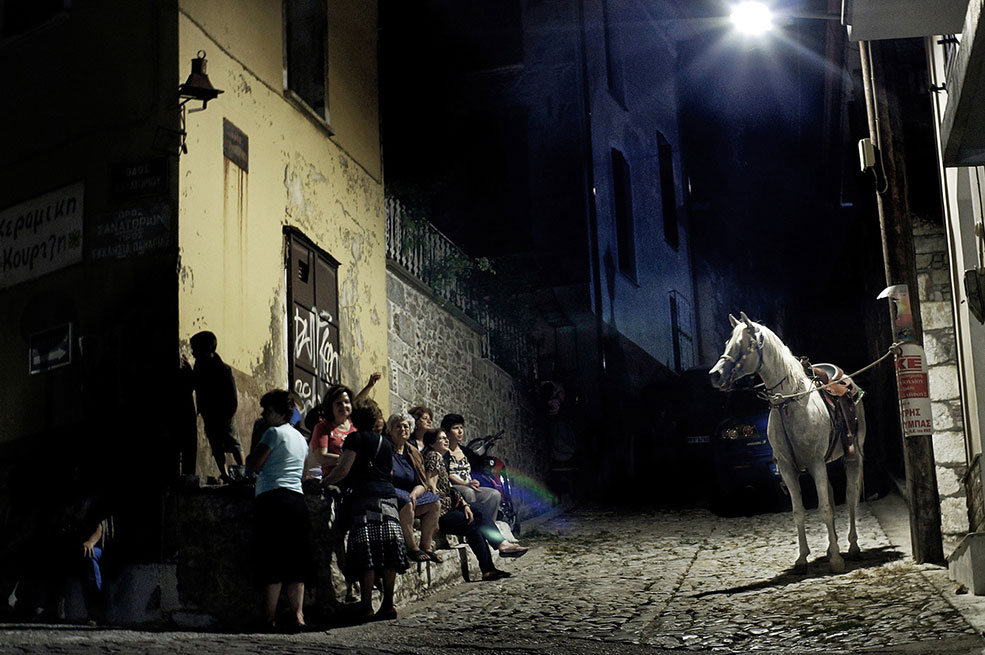
(Milos Bicanski) Bicanski's hopes for his country's future are dim, and he says he worries that neighboring European countries could find themselves in similar straits, with the rich getting richer and the middle class continually shrinking. Therein lies the story he is determined to tell."As the crisis has continued to get worse, I've become more and more interested in showing how it is affecting the everyday people at the center of Greece, how their futures are changing," Bicanski says. "There is not much happiness when your life is being taken away from you — and that is what is happening to the Greeks."
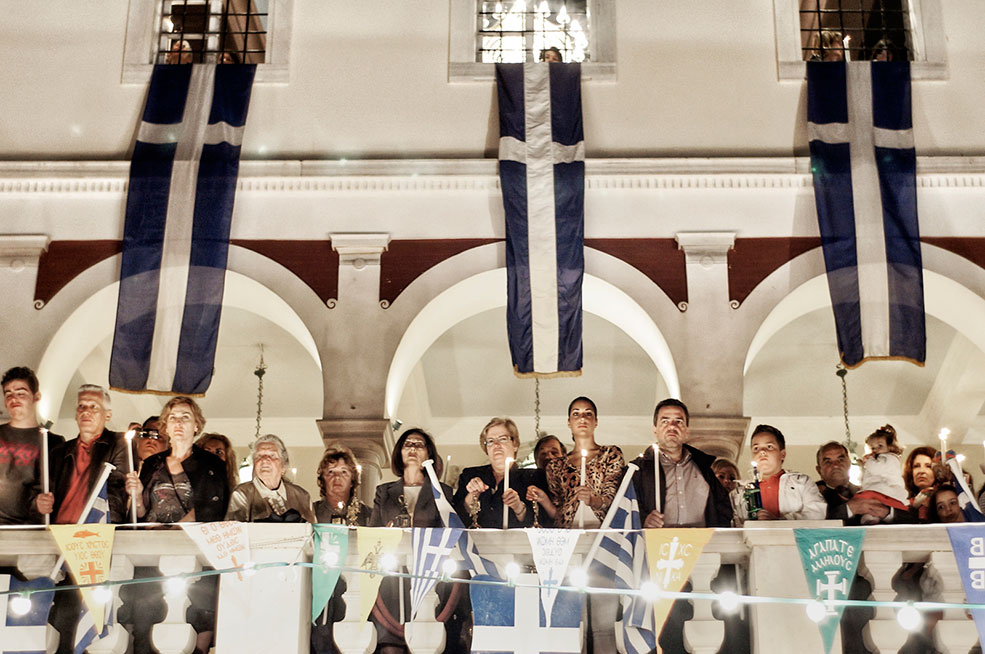
A free daily email with the biggest news stories of the day – and the best features from TheWeek.com
Sarah Eberspacher is an associate editor at TheWeek.com. She has previously worked as a sports reporter at The Livingston County Daily Press & Argus and The Arizona Republic. She graduated from Northwestern University's Medill School of Journalism.
-
 5 calamitous cartoons about the Washington Post layoffs
5 calamitous cartoons about the Washington Post layoffsCartoons Artists take on a new chapter in journalism, democracy in darkness, and more
-
 Political cartoons for February 14
Political cartoons for February 14Cartoons Saturday's political cartoons include a Valentine's grift, Hillary on the hook, and more
-
 Tourangelle-style pork with prunes recipe
Tourangelle-style pork with prunes recipeThe Week Recommends This traditional, rustic dish is a French classic
